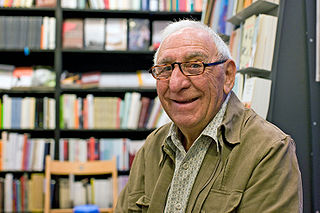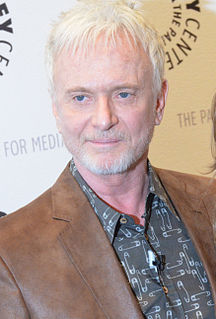A Quote by Kirk Douglas
When I produced Spartacus, the writer was Dalton Trumbo, who spent a year in jail because he would not answer McCarthy's questions about other people. He submitted the picture under the false name of Sam Jackson.
Related Quotes
And there's wordplay and there's rhythms and you have to be able to get the poetry out of it. You have to be able to sell my jokes. And if you're talking about somebody like Sam Jackson, they do that. Sam Jackson can do that. Sam Jackson can turn it into the spoken word that it was always meant to be and he can sell my jokes. And Christopher Walken can do it and a lot of people can do it, all right.
I play Edward G. Robinson [in Trumbo], who was a close friend and a co-worker of Dalton's [Trumbo]. They worked together on at least one or two screenplays. A lot of these stories take famous people and show you who they are behind the scenes, which is kind of fun. One of the things about getting to play Edward G. Robinson was learning who the man was away from his movie-star exterior.
Hedda Hopper was a better direct opponent to [Dalton] Trumbo. We wanted to use Trumbo's battles to represent the larger battles, so the audience could understand the personal sacrifice he went through and the personal damage to his family. The choices were about who were the best representations of his antagonists, which is why we chose as we did.
The portrayal of Senator Joe McCarthy as a wild-eyed demagogue destroying innocent lives is sheer liberal hobgoblinism. Liberals weren't cowering in fear during the McCarthy era. They were systematically undermining the nation's ability to defend itself while waging a bellicose campaign of lies to blacken McCarthy's name. Everything you think you know about McCarthy is a hegemonic lie. Liberals denounced McCarthy because they were afraid of getting caught, so they fought back like animals to hide their own collaboration with a regime as evil as the Nazis.




























